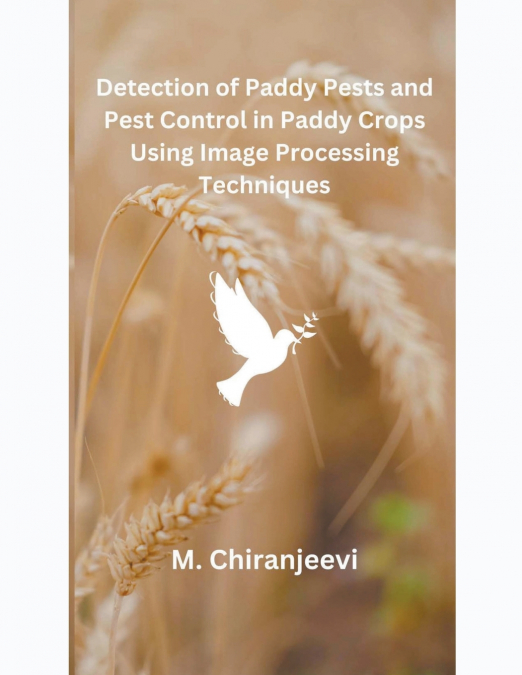
 Librería Perelló (Valencia)
Librería Perelló (Valencia)
 Librería Aciertas (Toledo)
Librería Aciertas (Toledo)
 Librería Elías (Asturias)
Librería Elías (Asturias)
 Donde los libros
Donde los libros
 El AlmaZen del Alquimista (Sevilla)
El AlmaZen del Alquimista (Sevilla)
 Librería Kolima (Madrid)
Librería Kolima (Madrid)
 Librería Proteo (Málaga)
Librería Proteo (Málaga)
The gap between the world’s future food demand and the growth rate of agricultural production is rising. Food production must increase by 1.75% annually to meet the estimated population of 10 billion by 2050 . But agricultural productivity is falling behind the future demand because of various biotic and abiotic factors. One of the major reasons behind this is volatile weather patterns in the com- ing decades due to climate change, especially in tropical environments. Exploring new arable crop lands, excessive application of fertilizers, chemical pesticides, fungicides, and herbicides may not be a sustainable way to enhance food production. Eco-friendly technological innovations are required to meet the future food demand. An insect is considered a pest if it threatens a resource valued by humans. Paddy crops are affected by hundreds of insect pests out of which twenty are more serious yield affecting pests. In the Indian scenario Yellow stem borer (YSB), Brown plant hopper (BPH), Gall midge, Leaf Folder (LF), Green Leaf Hopper (GLH), and White Backed Plant Hopper (WBPH) are causing around 86% of yield damage to paddy. Integrated pest management (IPM) is a process of resolving agricultural, urban, and wildland insect pest problems with the least possible risk to the environment. IPM focuses on deterrence of pests or reducing their damage through a combination of techniques such as biological and structural strategies.